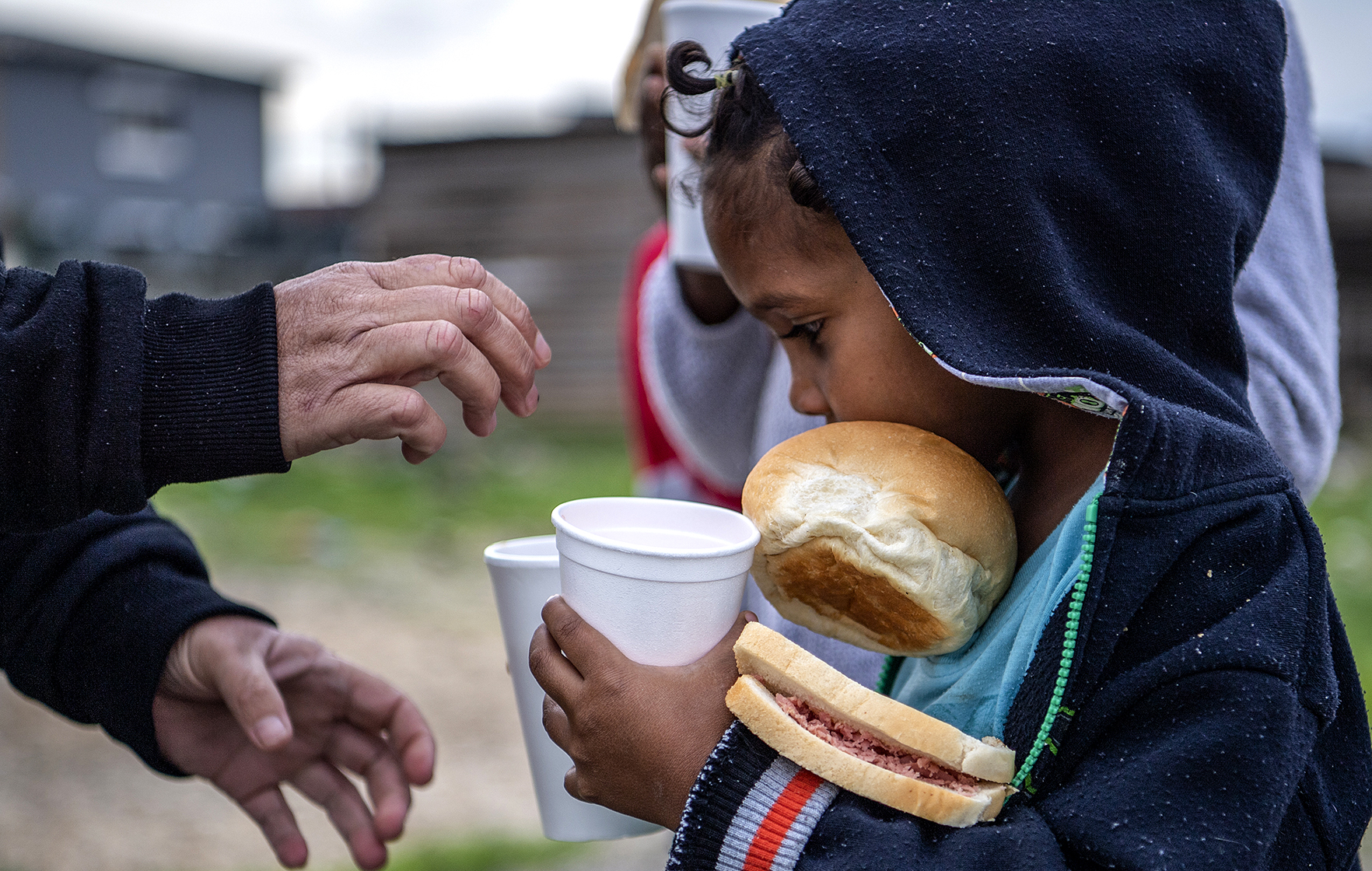Three decades after liberation, South Africans have again charted new territory by voting for the first national coalition government since 1994. The unprecedented formation of a government of national unity (GNU) marks a pivotal and hopeful moment for South Africa.
This coalition government presents a unique opportunity to enhance accountability and transparency, crucial components for restoring public trust in reducing poverty and inequality and driving sustainable development for all.
Beyond these governance improvements, there lies a significant chance to foster social innovation, entrepreneurship and collaboration which can profoundly affect service delivery and developmental outcomes in critical sectors.
As South Africans we are aware of the sharp disparities in income, education and well-being at household level that have earned us the ranking of the most unequal nation in the world. The task before the GNU is to boldly formulate and implement comprehensive reforms that give meaning to our constitutional values while demonstrating the values of accountability and innovation.
The GNU must seize this moment to adopt transparent decision-making processes and open channels of communication between the government and its citizens to foster a culture of trust, accountability and civic participation.
The GNU is poised to create an environment where social innovation is welcomed and collaboratively implemented, effectively and equitably – an approach sorely needed at this time.
The roots of poverty and inequality in South Africa are well documented, yet 30 years since the first democratically elected government took office, the failure to create an inclusive economy with decent wage jobs persists.
One path – and there are many – out of the trap is nurturing the social economy. The term social economy refers to entrepreneurial (for-profit and not-for-profit) activities that are driven by a social mission.
Examples of these organisations driving the social economy are mutual associations, cooperatives, nongovernmental organisations and mission-driven businesses. When coupled with social innovation, or adoption of new ideas and models to meet social needs, we have within reach the power to transform societies for collective good.
Social innovators and social entrepreneurs are an essential part of the social economy, which can generate a significant proportion of jobs and at the same time contribute to addressing social, environmental and economic needs of the population, alongside the government.
In 2022 and 2023 the UN, International Labour Organization and Organisation for Economic Cooperation and Development recognised the importance of supporting the social economy in pursuance of the 2030 Agenda for Sustainable Development or the SDGs.
With foresight, in 2019 South Africa produced a Green Paper and a draft White Paper on the Social Economy. The consultative process began under the mandate of the Department of Economic Development but has yet to be approved.
As the international development community recognises the critical role of the social economy, and South Africa takes on the leadership of the G20 in 2025, this is an opportunity to demonstrate leadership by adopting the White Paper.
What will it mean to have robust policy and an enabling environment for the social economy in South Africa in practical terms?
First it means creating a supportive environment for organisations within the social economy. In South Africa, as in other parts of the world, the social economy works across the health, social justice, education and housing sectors. While promoting social good, these organisations simultaneously create employment, increase the flow of goods and services to traditionally underserved markets and work to build sustainable business models.
The state is well positioned to make resources available for skills development and incentivising access to capital for these businesses, thereby unlocking the potential of social enterprises to compete in the market.
Second it means creating opportunities for the private sector to play a critical role in the social economy, moving beyond the adoption of environmental, social and governance (ESG) principles to the very practical integration of social enterprises into their supply chains, and a shift towards purpose-driven business. The private sector can nurture partnerships to grow capabilities and investment readiness of social enterprises in the sector, creating the opportunity for enhancing social innovation and productivity.
The third and most important contribution of policy certainty on the social economy is the signalling by the GNU of its commitment to social innovation and collaboration – which are critical in order to live up to our national development goals.
No organisation can single-handedly break the back of the poverty and inequality which continues to grip our nation. Social innovation and collaboration are vital to addressing the multifaceted challenges South Africa faces in service delivery. Encouraging a culture of social innovation can lead to the development of creative solutions tailored to our specific needs
South Africa’s GNU is a remarkable opportunity to drive inclusive innovation and collaboration between the state, the nonprofit sector and the private sector at an unprecedented scale.
By fostering an environment that builds trust, encourages inclusion and innovation, the state can make measurable progress towards meeting the service delivery and infrastructure needs of our nation.
Embracing these opportunities will not only address immediate challenges, but also pave the way for a more prosperous and equitable future for all South Africans.
We are hopeful. DM
Dr Solange Rosa is Director and Ntombini Marrengane Senior Manager at the Bertha Centre for Social Innovation and Entrepreneurship.
This article is more than a year old
Maverick Citizen
Seizing the GNU moment — social innovation and collaboration can jumpstart South Africa
South Africa’s government of national unity is a remarkable opportunity to drive inclusive innovation and collaboration between the state, the nonprofit sector and the private sector at an unprecedented scale.




